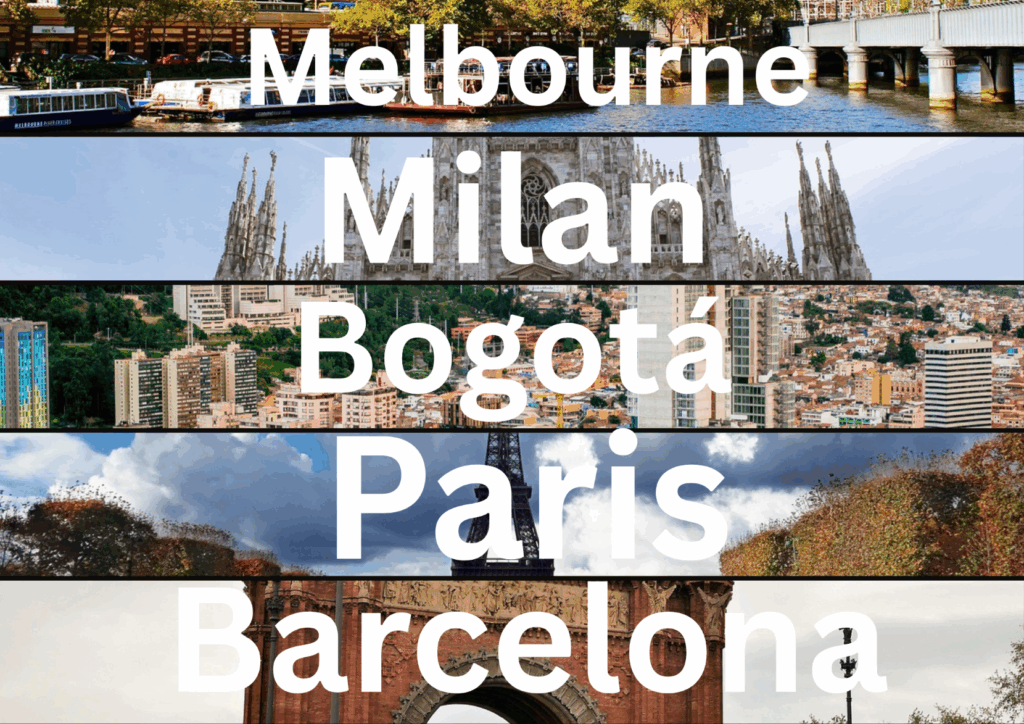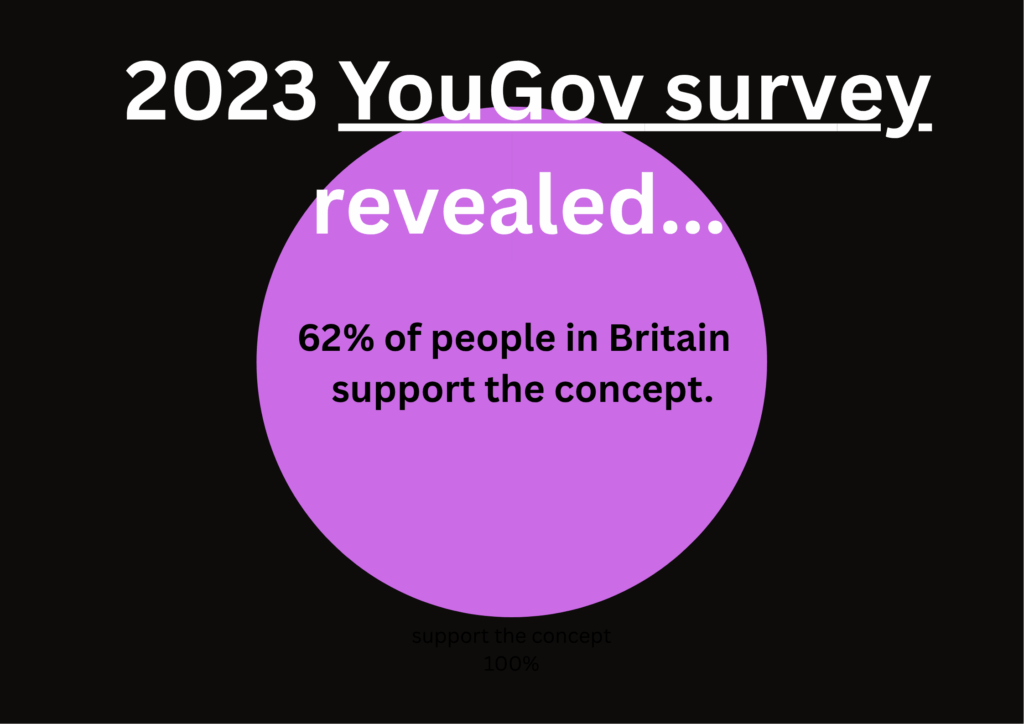Urban planners say it’s about convenience and community, online critics say it’s about control. What’s real, what’s fear and what’s at stake?
The 15 – minute city, a planning concept created to make neighborhoods more livable, sustainable, and self-sufficient. The idea involves redesigning cities so that schools, shops, parks and work are more easily accessible.
Sounds convenient, right?
This plan was created to avoid the use of transportation like buses or cars, which not only helps reduce and cut emissions and ease traffic, but at the same time improves a person’s quality of life.
That said, the idea has stirred some conspiracy. On and offline commentators claim it’s a form of alleged government control. Are there legitimate concerns buried beneath the idea, or is this backlash rooted in misunderstanding?
But before we delve any further, what exactly and where exactly did this idea come from?
Well, the brain behind this concept is Carlos Moreno, who first introduced the idea in 2016 Paris COP21 (climate conference), he envisioned a city where residents could walk or cycle to essential services. As well as his book, “The 15-Minute City: A Solution to Saving Our Time and Our Planet” which explores his idea more. The popularity of his vision grew especially during COVID-19, a time where we found it difficult to commute to places as easily due to lockdown restrictions.
But as his vision spread, to places like Barcelona, Bogotá, Milan, Paris, and Melbourne, so did the questions. Is it really about community and sustainability or is it really just control wrapped in green buzzwords?

“In order to live well in a city, our immediate environment has to be vibrant and stimulating,” says Dr Abigail Schoneboom, senior lecturer in urban planning at Newcastle University.
“But it also has to allow us to feed ourselves without being dependent on something (for example cars or public transport) that makes that very difficult, time consuming, or that some have access to and some do not have access to.
She goes on to say:
“We have a climate justice system, which is about thinking about the future for future generations. Will our planet even be able to sustain life if we keep on pumping massive amounts of carbon dioxide into the the environment.”
A hopeful vision and concept rooted in creating a greener and greater place for everyone, I mean imagine wanting to go to your local grocery store, and waiting for the bus to show up but its either:
a) Delayed due to traffic, or
b) Never shows up,
I know I’ve definitely experienced times like this which have left me feeling annoyed, thinking if only my destination was just a walk away.
But the thing is, translating that into actual reality is where the problem lies.
“I would say, the 15 minute city, it’s quite difficult to achieve in the current planning context, especially in terms of England”, says Aidan Dobinson Booth, planning team manager for North Tyneside council.
The thing is, Mr Booth agrees with Dr Schoneboom, he believes it is a great concept that should be implemented everywhere but
Road blocks such as:
- Outdated zoning – the UK’s rigid Greenbelt system has led to overpopulated areas and limited access to affordable housing.
- Tight budgeting which is restricting planners and councils from implementing long term sustainable plans.
“You’ve got a system that’s market led,” says Mr Booth, “and the market doesn’t want to deliver this.”
Then there’s the public skepticism:
I spoke to Tony Sayers, a TikToker and activist, who shared his personal views with me on this subject.
“It’s a complete degradation of our ability to move freely around not only in the country but the world…I see them as the ultimate erosion of freedom. And like keeping chickens in a chicken coop…we’re moving into like a digital form of control. ”
The thing is, as I have delved into this rabbit hole of government conspiracy, a common theme of control and restriction continues to pop up. Which brings us back to our original point, is that really the case?
Dr Schoneboom explains that during the pandemic and lockdown era, there was a lot of built-up frustration with local councils, and people needed somewhere to direct that anger. And low and behold, social media became the perfect space and place for people to vent these feelings.
“We all know that in the COVID era, lockdowns created a hypersensitivity culturally, to anything that sounded like it was potentially going to limit people in some way.”
Along the same lines as that, the BBC published an article titled “15 minute cities: How they got caught in conspiracy theories” which explores and explains the baseless foundation of these misconceptions surrounding government surveillance. It also explains how these claims have affected the planning world going forward, in terms of trying to implement this concept.

At its core, the 15-minute city was started as a way to improve walkability and cleaner air but that quickly spiralled into talk of surveillance and control.
So, I guess the question isn’t about whether or not the government is allegedly controlling us or not but whether the decisions being made makes the people affected feel included and heard.
Possibly creating a whole new word for this concept with the same idea will bring more people on board.
Or maybe changing the approach entirely.
“I think in terms of navigating comments that are hostile or based on misinformation, I think leading with empathy is a really great strategy,” says Jahnavi Kirtane, associate planner at Speck Dempsey, an internationally recognized city planning, urban design, and transportation policy firm that focuses on projects like walkability (a design based on accessibility of a neighbourhood or area that makes it easy for people to walk rather than use cars).
“Knowing kind of when to move on in a public meeting and when to try to understand where everyone’s coming from, but also realize we need to stay on agenda.”
But from what it looks like now, understanding that tension and building on it is key to figuring out what happens next.


